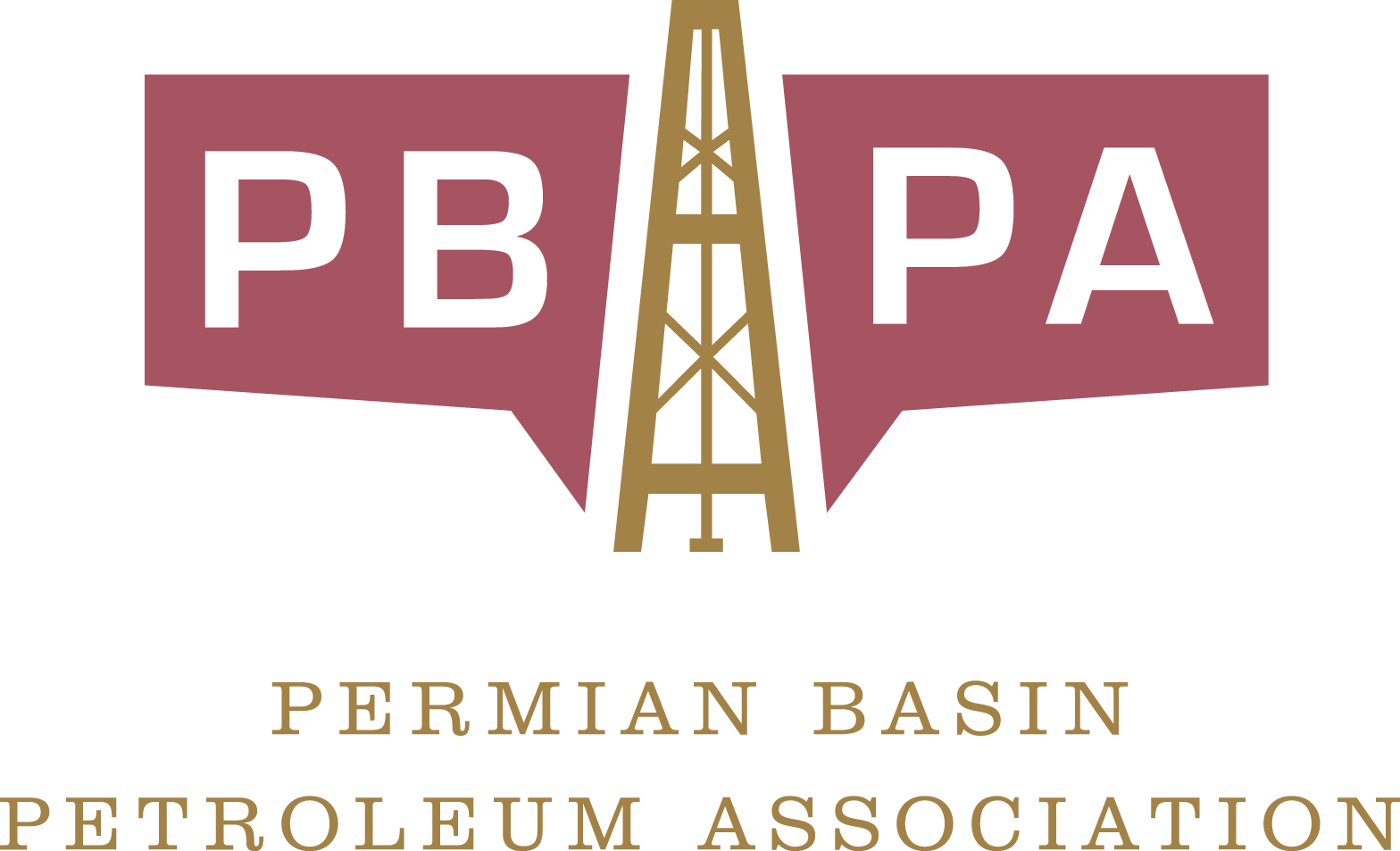
New pipelines bode well for natural gas market
June 5, 2024
Odessa American
by Bob Campbell
Things are looking up for Permian Basin natural gas producers with a big new pipeline to the Gulf Coast about to go online and construction of another one about to start.
Leaders of the Permian Basin Petroleum, Texas Producers & Royalty Owners and Texas Pipeline associations say the 42-inch Matterhorn Express and DeLa Express pipelines will be greatly beneficial to stabilize the price of gas and get power to consumers.
Laid by 3,000 men, providing 50 permanent jobs and owned by Devon Energy, EnLink Midstream, Marathon Petroleum and WhiteWater Midstream, the 580-mile-long Matterhorn Express is being completed this month to go into service in the third quarter from the Waha Hub near Coyanosa 64 miles southwest of Odessa across 19 counties to Katy west of Houston.
Scheduled to start pumping in July 2028, the 690-mile DeLa Express Pipeline will run from the Waha to Port Arthur and Cameron Parish, La. It’s being laid by Moss Lake Partners of Houston.
PBPA President Ben Shepperd said both projects will help the Basin tremendously.
“The Permian is now a major producer in natural gas and increasing the takeaway capacity and sending the gas to other markets should help stabilize prices and reduce pricing differentials,” Shepperd said. “The important thing that also needs to happen is that President Biden should rescind his liquefied natural gas export ban executive order so that we can get these products to our allies who desperately need them.”
TIPRO President Ed Longanecker said the Basin continues to be a leader in natural gas production, accounting for 19 percent of all the gas produced in the United States and averaging 23.3 billion cubic feet per day in 2023.
“But in order for this abundant energy supply to be used productively it must be transported from where it is produced to where it is consumed,” Longanecker said. “In recent months we have seen natural gas at Waha Hub, the major gathering point in West Texas, trade well below zero more days than not.
“These negative prices reflect the reality that Texas operators are in as insufficient pipeline takeaway capacity forces producers to practically give away this valuable commodity. And importantly, demand for natural gas will only continue to grow.”
Longanecker said the good news is that the new pipelines expected to come online this year and in following years will help relieve the current bottleneck in midstream transportation in Texas.
“For example the Matterhorn Express Pipeline, which will transport up to 2.5 billion cubic feet per day from the Permian Basin to the Houston area, will not only provide necessary takeaway capacity, it will also supply energy to end-users, contribute to local and state tax revenues and create well-paying jobs,” he said.
“To put it simply, we need more pipelines in Texas.”
TPA President Thure Cannon said the Matterhorn Express “is a welcome addition to the state’s existing intrastate pipeline network.
“We can take some solace in knowing that there are also pipeline new-builds and expansions being discussed and planned,” Cannon said. “However, these new lines are but a Band-aid for the state as takeaway demand far outpaces capacity.
“Securing investment is just the first puzzle piece necessary to satisfy the state’s and nation’s insatiable demand for the energy products that pipelines deliver. The next step is determining the best route to take.
“Breaking ground on a new route as opposed to expanding capacity on an existing one involves myriad factors such as landowner easement negotiations and the cost of labor, materials and operation, all of which increase significantly with a longer route. One that travels through densely populated areas is even more so.”
Cannon said ensuring further buildout requires regulatory certainty at the local, state and federal levels and a dedication to allowing free-market principles to govern the course that development takes.
“These factors are paramount to attracting and retaining the capital investments that are needed to reduce bottlenecks in natural gas off-take as well as reduce methane emissions,” he said. “Here in Texas we are blessed with a regulatory regime that allows for an effective and efficient permitting process that encourages the building of critical infrastructure based on industry supply and demand.
“We have a state where we can spur industrial growth and economic development while also reducing emissions and protecting the environment.”
Cannon said this year’s American Petroleum Institute-Liquid Energy Pipeline Association Performance Report confirmed that pipelines are the most efficient, reliable and safest way to transport vital hydrocarbons with 99.999 percent safely reaching their destination.
“This is an overwhelmingly positive safety record,” he said. “And there are other benefits. It only takes 50 miles of a 20-inch pipeline to displace 1,650 trucks, reducing congestion, pollution, road damage and traffic accidents and meaning a safer Texas for all.”
